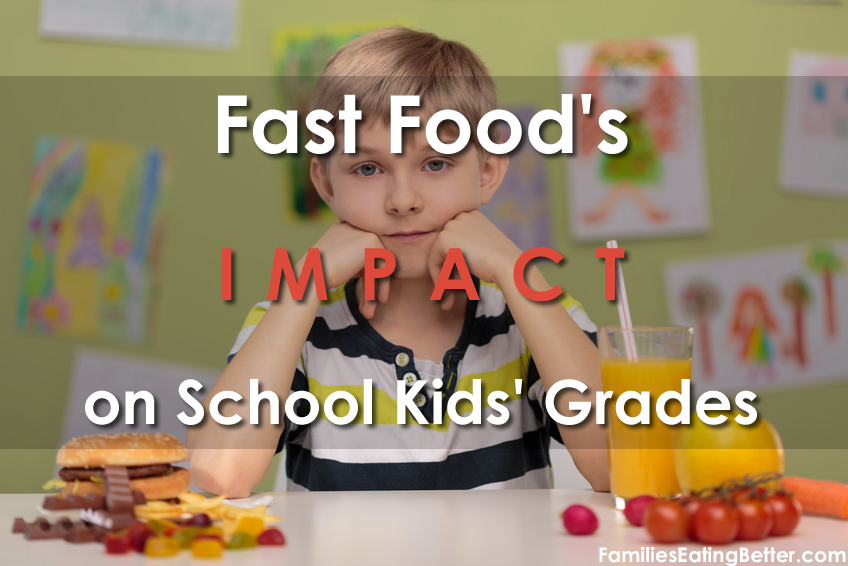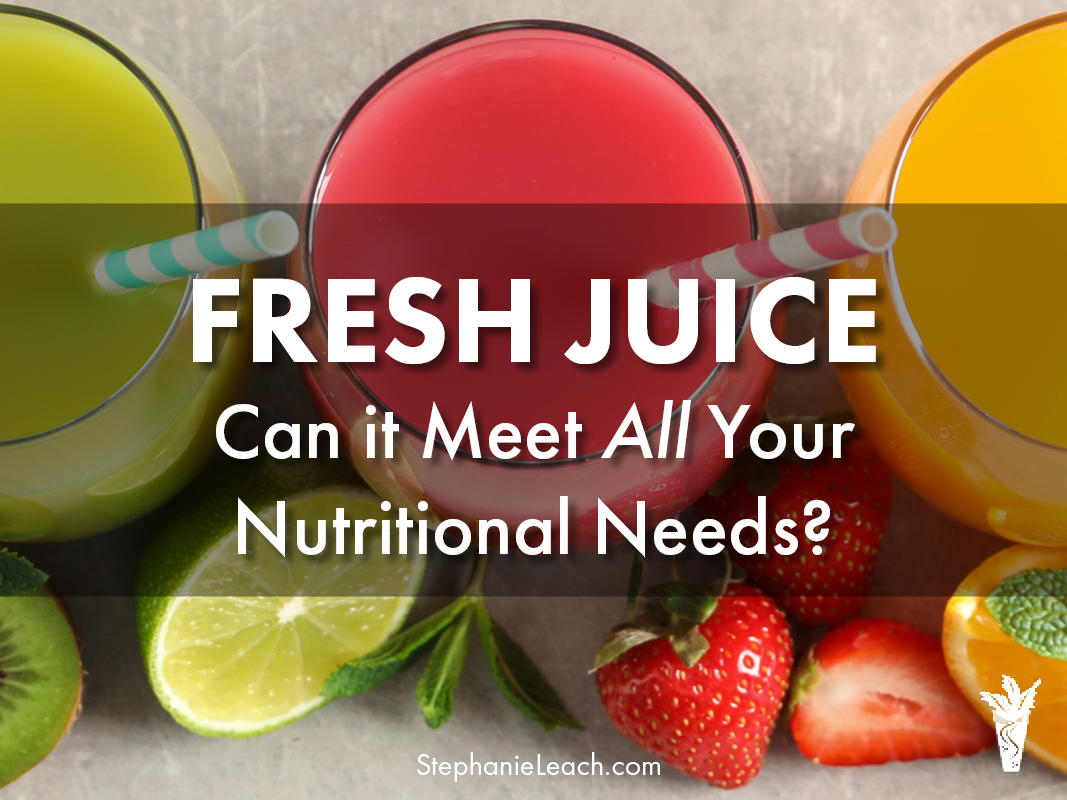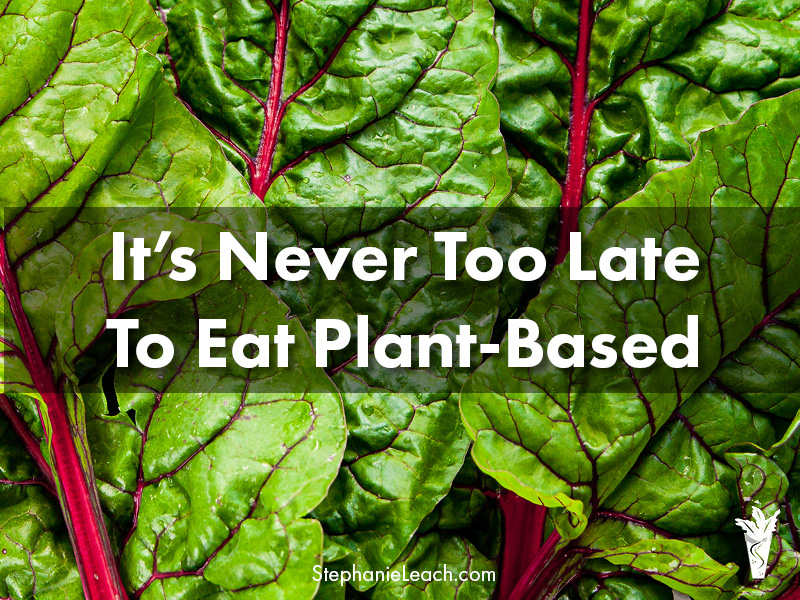If you have a school-age child, you are likely doing much to help them succeed. You read with them, double check their homework, and offer emotional support. You attend parent-teacher conferences and review grades and test scores. You don’t want your child to just “pass” to the next grade. You want your child to excel in school.
An often overlooked key component in a child’s test scores is their nutrition. Young brains are growing fast. What they eat matters.
In a study published in the journal Clinical Pediatrics in December 2014, researchers examined the associations between fast food consumption and the academic growth of 8544 fifth-grade children in reading, math, and science.
“Fast food consumption during fifth grade predicted lower levels of academic achievement in all 3 subjects in eighth grade, even when fifth grade academic scores and numerous potential confounding variables, including socioeconomic indicators, physical activity, and TV watching, were controlled for in the models.”
Fast food lacks nutrients associated with cognitive development.
What growing children need are lots of vegetables, fruit, whole grains, nuts and seeds. Researchers have known for 30 years that the higher a child’s plant-food consumption, the higher their IQ.
Vegetables and fruit provide a host of brain boosting nutrients.
Burgers and nuggets? Not much.
Children over the age of 6 should be consuming 3-5 servings of vegetables and 2-4 servings of fruit each day.
Granted, if your child isn’t in the habit of eating vegetables, or if they are a picky eater, this goal can be a challenge. But persistence pays off. Keep offering a variety of vegetables and fruit in a number of ways to encourage them.
Their brains and their education are worth it!
Make packing a healthy school lunch easier. Download my free Easy Mix & Match Healthy School Lunch Planner.








Leave A Comment